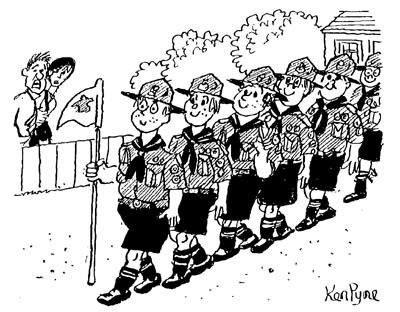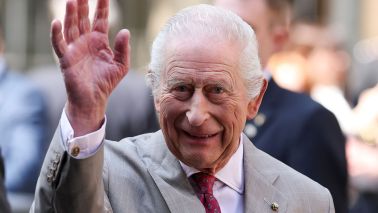How on earth did they get them through customs? ‘Oi! You there! Chinese-looking fellow! What we got here, then? Ah. Toy soldiers, is it? Chewable? No? Oh dear.
How on earth did they get them through customs? ‘Oi! You there! Chinese-looking fellow! What we got here, then? Ah. Toy soldiers, is it? Chewable? No? Oh dear. Any lead paint? What’s that? Not any more? Just naked terracotta? Dearie dearie me. But presumably they do sport a CE Certificate of Europe mark, in compliance with SI/204 The Toys (Safety) Regulations 1995? You what? Older than that? Created by the Emperor Qin Shihuangdi 200 years before Christ? Never heard of him. Not today, mate. Take them home.’
It could have happened, couldn’t it? Everything that leaves China, it seems, is packed with poison, dripping with danger. Toys particularly. As that horde of terracotta soldiers was setting sail for the British Museum, a horde of two million Barbies, Batmans (Batmen?) and Polly Pocket dolls were doing the reverse, as part of a huge product recall by the toymakers Mattel. Eighteen million other toys were to follow. Then there were crayons. Last week, it was the turn of little models of Noah’s Ark. Frequently, the complaint is about unsafe levels of lead, usually in paint. As I write, an excess of lead has just prompted Canada to recall 140,000 Chinese pencils. Yeah. Pencils. Bet that went down well in Beijing.
Other poisons, too, have been at play. We have had antifreeze in Chinese toothpaste, pesticide in Chinese pet food and formaldehyde in Chinese blankets. How scary does China seem? Can there really be more than a billion of them? It’s a miracle. The poor buggers must be dropping like flies.
Yet a certain line is always in there, usually towards the bottom of every report.









Comments
Join the debate for just £1 a month
Be part of the conversation with other Spectator readers by getting your first three months for £3.
UNLOCK ACCESS Just £1 a monthAlready a subscriber? Log in